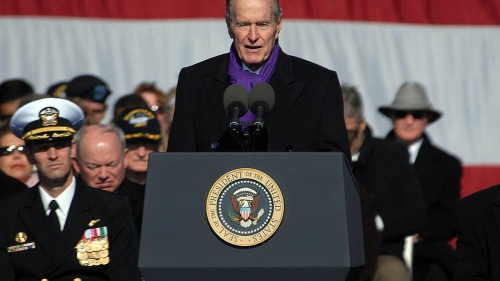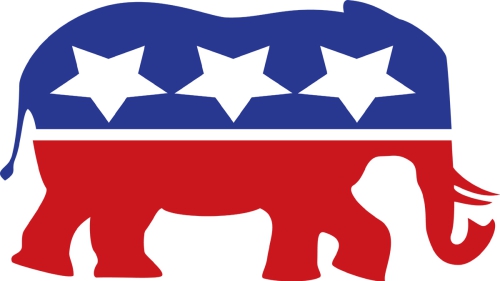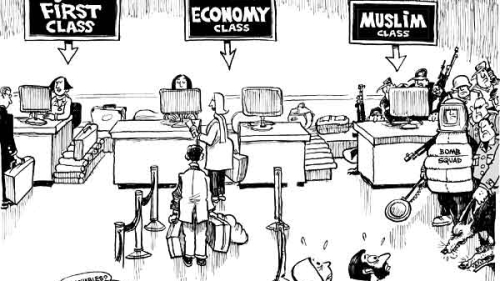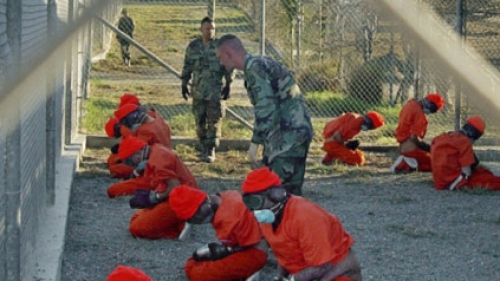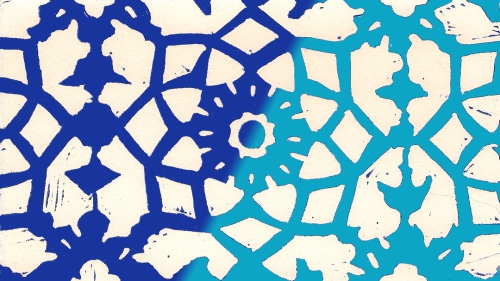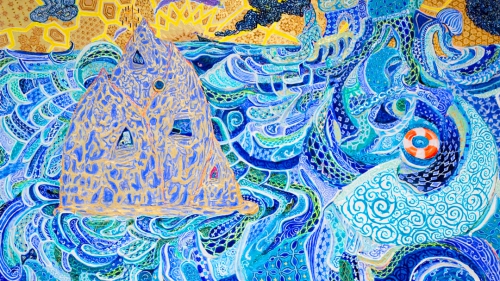The 'Wimp' Factor: Goading to Shed Blood
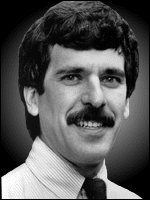 |
Back in 1988, the father of our current president was bedeviled by what media outlets called "the wimp factor." After eight years as vice president, George Bush was making a run for the Oval Office. But quite a few journalists kept asking whether he was a tough enough man for the job. Newsweek even headlined the "wimp" epithet in a cover story about him.
That image problem faded in late December of 1989, when U.S. troops invaded Panama. The commander-in-chief drew blood -- proving to some journalists that he had the right stuff. A New York Times reporter, R.W. Apple, wrote that the assault on Panama was Bush's "presidential initiation rite" -- as though military intervention in a Third World nation was mandatory evidence of leadership mettle.
But even later, while still ensconced in the White House, the senior Bush remained notably stung by the epithet. He couldn't always keep the pain of it under wraps. "You're talking to the 'wimp,'" President Bush commented on June 16, 1991. "You're talking to the guy that had a cover of a national magazine, that I'll never forgive, put that label on me."
Yet by then, George Herbert Walker Bush had forgiven Newsweek sufficiently to provide it with an exclusive article under his byline -- titled "Why We Are in the Gulf" -- appearing in the magazine's November 26, 1990 issue. Less than two months afterward, the U.S. government fired missiles at Iraq and the Gulf War began. The president was no wimp.
| _______ If we can remove the red-white-and-blue tint from our media lenses, President Bush's rhetoric is likely to give more reason for trepidation than comfort. ________ |
In recent weeks, since the events of Sept. 11, countless reporters and pundits have hailed George W. Bush for laying to rest any doubts as to his own command of the presidency. Bush's address to a joint session of Congress was pivotal in recasting him as a consummate national leader.
Few journalists have been intemperate enough to emphasize that greatness involves much more than doing an excellent job of reading a finely crafted text on a TelePrompTer. The circumstances were truly extraordinary, but the dynamic was essentially formulaic. Presidents have customarily earned rapturous media kudos by brandishing America's military arsenal against evildoers.
If we can remove the red-white-and-blue tint from our media lenses, President Bush's rhetoric is likely to give more reason for trepidation than comfort. The world is filled with national leaders, and religious true believers, who assert that their country or exact faith is the locus of everything good -- and foes are the incarnation of evil that must be wiped from the face of the Earth.
"The problem is that America wants its own version of justice, a concept rooted, it seems, in the Wild West and Hollywood's version of the Second World War," longtime foreign correspondent Robert Fisk wrote in Britain's daily Independent newspaper. "President Bush speaks of smoking them out, of the old posters that once graced Dodge City: 'Wanted, Dead or Alive.'" Such presidential verbiage plays to a U.S. media gallery that is way too easily pleased by grand pledges to avenge horrendous slaughter by -- in effect -- escalating a cycle of violence.
President George W. Bush need not fear that a national magazine will emblazon him with the wrong "W." He is not a wimp. But, as president of our beloved country, what is he? And who are we?
Such questions may seem unduly abstract and theoretical at a time of grave crisis. But what better time could there be to search our souls? Terrible crimes against humanity were committed on Sept. 11. Every person who died as a result, in Manhattan and Virginia and Pennsylvania, was martyred by ultra-righteous and murderous madness. How easy -- how incontrovertible -- it is to recognize and condemn such madness when it strikes at our own country. How much more difficult it is to recognize when our own country brings deadly violence down on others. The world already has too many martyrs.
When Soviet troops withdrew from Afghanistan, they left behind about 10 million land mines. "Of course," writes Fisk, who has covered the Afghan wars, "the Russians never went back to clear the mines." He predicts that American bombs "will explode a few of them. But that'll be the only humanitarian work we're likely to see in the near future." With starvation closing in on literally millions of Afghani people this autumn, the U.S. government could make an enormously profound statement by bombarding Afghanistan with massive supplies of food instead of warheads. Such an approach would surely earn America's commander-in-chief the media label of "wimp" -- and much worse. Obviously, it's the sort of risk that the president wouldn't dare to take.
_______________________________________________
Norman Solomon's latest book is "The Habits of Highly Deceptive Media." His syndicated column focuses on media and politics.







